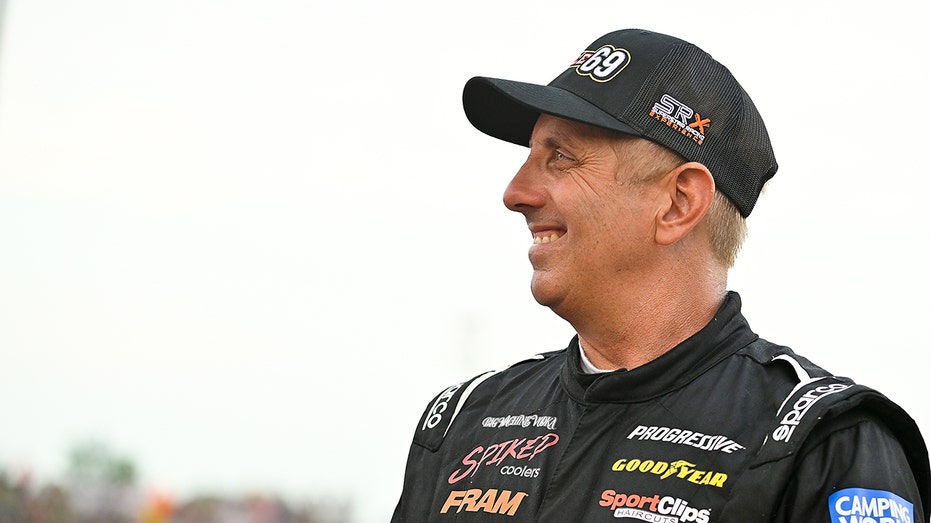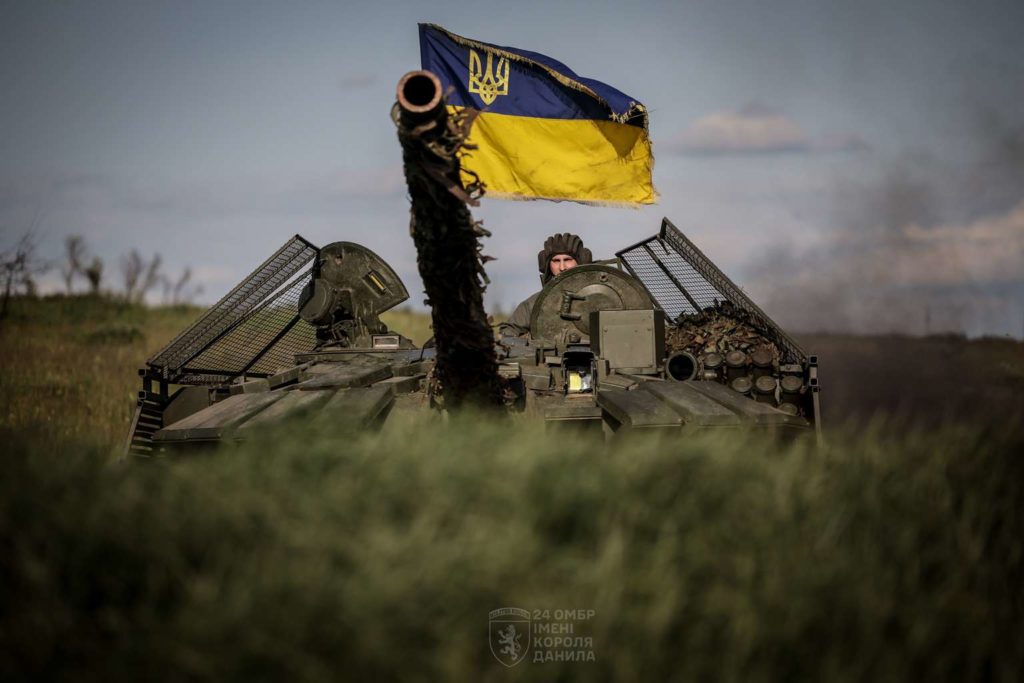RFK Jr trespasser included in Secret Service risk assessment months before DHS denied protection: source
The Secret Service in June identified the individual who broke into Robert F. Kennedy, Jr.’s Los Angeles property twice this week as a person that posed a risk to the safety of the independent presidential candidate.

EXCLUSIVE: The person arrested for trespassing on Robert F. Kennedy, Jr.'s property twice this week was listed in a Secret Service risk assessment as part of the candidate's request for protection in June, Fox News Digital has learned.
Jonathan Macht was arrested Wednesday morning for trespassing on Kennedy's property. Police transported Macht from Kennedy's property, but he returned later in the day after he was released from custody and again attempted to enter the property. He was re-arrested.
Kennedy requested Secret Service protection twice, but has been rejected by the Department of Homeland Security (DHS) despite the Secret Service determining in June that he was at elevated "risk for adverse attention."
TRESPASSER ARRESTED TWICE AT RFK JR'S HOME IN SAME DAY
The Secret Service risk assessment, which was eventually referred to the DHS, contains a section titled "behaviors of interest."
A source familiar with the investigation told Fox News Digital that a redacted name in a section referring to an individual who "sent inappropriate communications to Kennedy" refers to Macht.
The Secret Service did not immediately respond to Fox News Digital's request for comment.
Kennedy, in an exclusive interview with Fox News Digital on Friday, said the individual who trespassed on his property "has written me 435 emails in a three-month period, including one last week, which was about me getting a bullet in my brain."
Kennedy did not name the individual, but told Fox News Digital the person was "on a watch list, but there was no one here to watch out for him."
"If you read the Secret Service report about me, it says I am at an elevated risk," Kennedy said.
In its report earlier this year, the Secret Service stated: "Kennedy's family history, perceived controversial stance on vaccines, and his status as a challenger to President Biden for the Democratic presidential nomination elevates his risk for adverse attention."
Kennedy's father, former Sen. Robert F. Kennedy of New York, and his uncle, former President John F. Kennedy, were both assassinated while in office.
But the independent presidential candidate said that he feels the Biden administration’s move to reject Secret Service protection for him was "clearly a political decision."
"The thing I worry most about is the politicization of our law enforcement agencies," Kennedy said. "It is disturbing — the apparent weaponization of the Secret Service while Biden provides protection to his family members and political allies."
"And then he denies it to political rivals," Kennedy said of Biden. "It is not good optics for the world of exemplary democracy."
Kennedy told Fox News Digital that upon requesting Secret Service protection earlier this year, he felt "very encouraged."
"The Secret Service said yes, this is a no-brainer," Kennedy said, adding that Secret Service officials told him "it would move very quickly and our first interview would be in 14 days."
"But it went 88 days, and then we got a rejection letter from [DHS Secretary Alejandro] Mayorkas," he said.
Kennedy then described a separate situation in the weeks following that rejection of a gunman masquerading as a U.S. marshal trying to approach him in a green room. He told Fox News Digital that his team noticed that the individual’s badge was "shinier, and it tipped them off that it may not be right."
Kennedy said his team discovered the individual was carrying "two shoulder holsters with loaded pistols and a backpack with additional magazines and a knife and a number of other weapons."
After that incident, Kennedy's team requested Secret Service protection a second time, but told Fox News Digital "they immediately denied it."
The Secret Service does not determine who qualifies for protection. The agency is also not empowered to independently initiate candidate protection.
RFK JR RIPS WHITE HOUSE'S ‘BAD DECISIONS,' WON'T SAY WHETHER BIDEN IS FIT TO SERVE AS PRESIDENT
The process is initiated by a candidate running a national campaign. Once the request is made, the Secret Service does an internal risk assessment. In this case, the assessment concluded that Kennedy’s situation "elevates his risk for adverse attention."
The report is then referred to the secretary of Homeland Security, who consults with a congressional advisory committee. That committee consists of the speaker of the House, House minority leader, Senate majority leader, Senate minority leader and an additional member of Congress selected by the others.
A source familiar with the process told Fox News Digital that the congressional advisory committee is briefed by the DHS and typically "defers to their judgment" in an effort to "not get involved in security decisions."
The final decision is made by the secretary of Homeland Security.
CLICK HERE TO GET THE FOX NEWS APP
The DHS did not immediately respond to Fox News Digital’s request for comment.
The White House declined to comment on Kennedy’s claims that the president has weaponized law enforcement agencies.
According to the Secret Service’s website, protection under the guidelines "should only be granted within one year prior to the general election."
"Protection more than one year prior to the general election should only be granted in extraordinary, case by case circumstances in consultation with the committee, based on threat assessment and other factors," the guidelines state.
Meanwhile, Kennedy told Fox News Digital that death threats against him are "pretty regular."
"I worry about my family and their peace of mind," he said.



